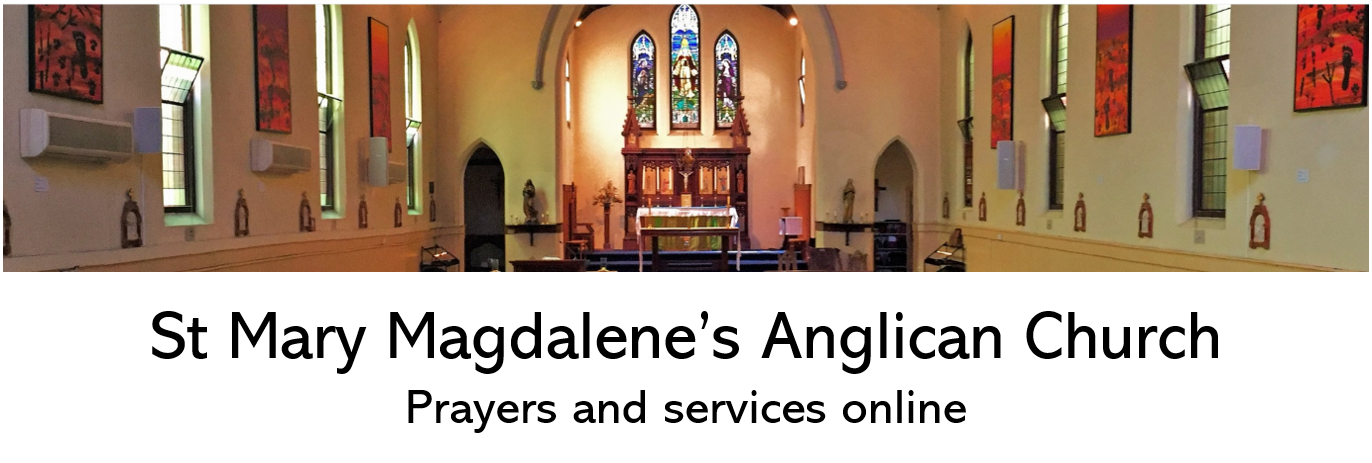
Fr Philip Carter offers a ministry of spirituality, with a series of meditations on some questions that we may ponder as we consider our life in God.
This series of seven reflections, Learning Jesus, takes us on a journey through the season of Lent. We pray that you find this a time of renewal.

___________________________________________
If any want to become my followers, let them deny themselves and take up their cross and follow me. For those who want to save their life will lose it, and those who lose their life for my sake will find it.
Matthew 16:24,25
______________________________________________
Following Jesus means embracing the reality of our existence and living out of our truth. This will always mean a recognition of our false self – our fearful ability to make something of ourselves and a surrendering into the nothingness or poverty of our condition. Paradoxically, this becomes a place fertile with the Spirit. “In order to become myself, I must cease to be what I always thought I wanted to be, and in order to find myself I must go out of myself, and in order to live I have to die.” (Thomas Merton)

I am the vine, you are the branches.
John 15:5
Jesus, as the imagination of God, offers us a compelling image of the communion which is our true home and destiny, our gift and task. This is the “hidden wholeness” which is our birthright. This is not something we have to earn, fight for or achieve: it is given. “All we need is to take time to experience what we’ve already been given.” (Thomas Merton)

Do not be afraid.
Matthew 10:31
We are to live as Jesus lived: in the memory of God’s love which brings freedom, in the hope of resurrection which brings life, and in the peace of living in the present
Love your enemies, and pray for those who persecute you, that you may be sons and daughters of God.
Matthew 5:44
The implications of being loved by God are social: we are all beloved in God. Communion – the vision of who we are together in God – thrives on otherness and difference. In fact, the real test of faith lies in our capacity for difference. Fear breeds fear; violence breeds violence; love shuns violence and casts out fear.

Go and learn the meaning of the words, “I desire mercy, not sacrifice”
Matthew 9:13
“Recall the face of the poorest and most helpless man whom you have seen, and ask yourself if the step you contemplate is going to be of any use to him. Will he be able to gain anything by it? Will it restore him to control over his own life and destiny?” (Gandhi) Matthew’s theology holds that love of our neighbour is the true fulfilment of the Law. It is the only law: the law of love and mercy.
For a printable PDF of the text of this reflection click on the link below.




